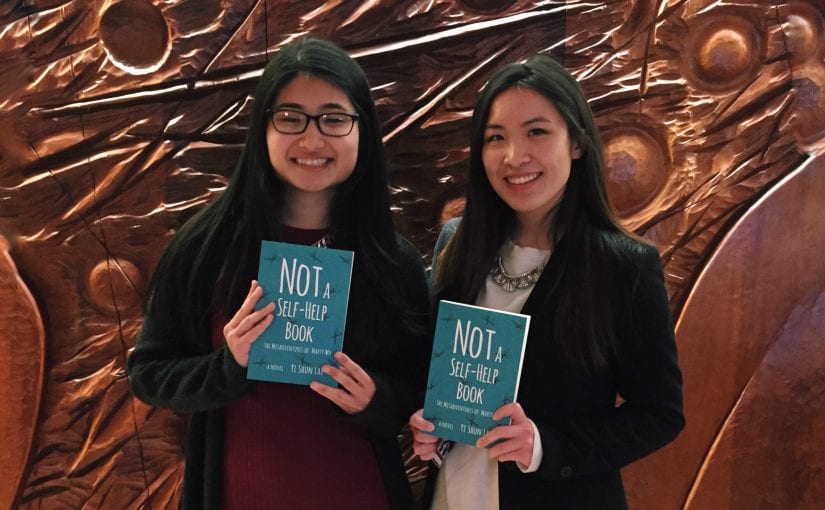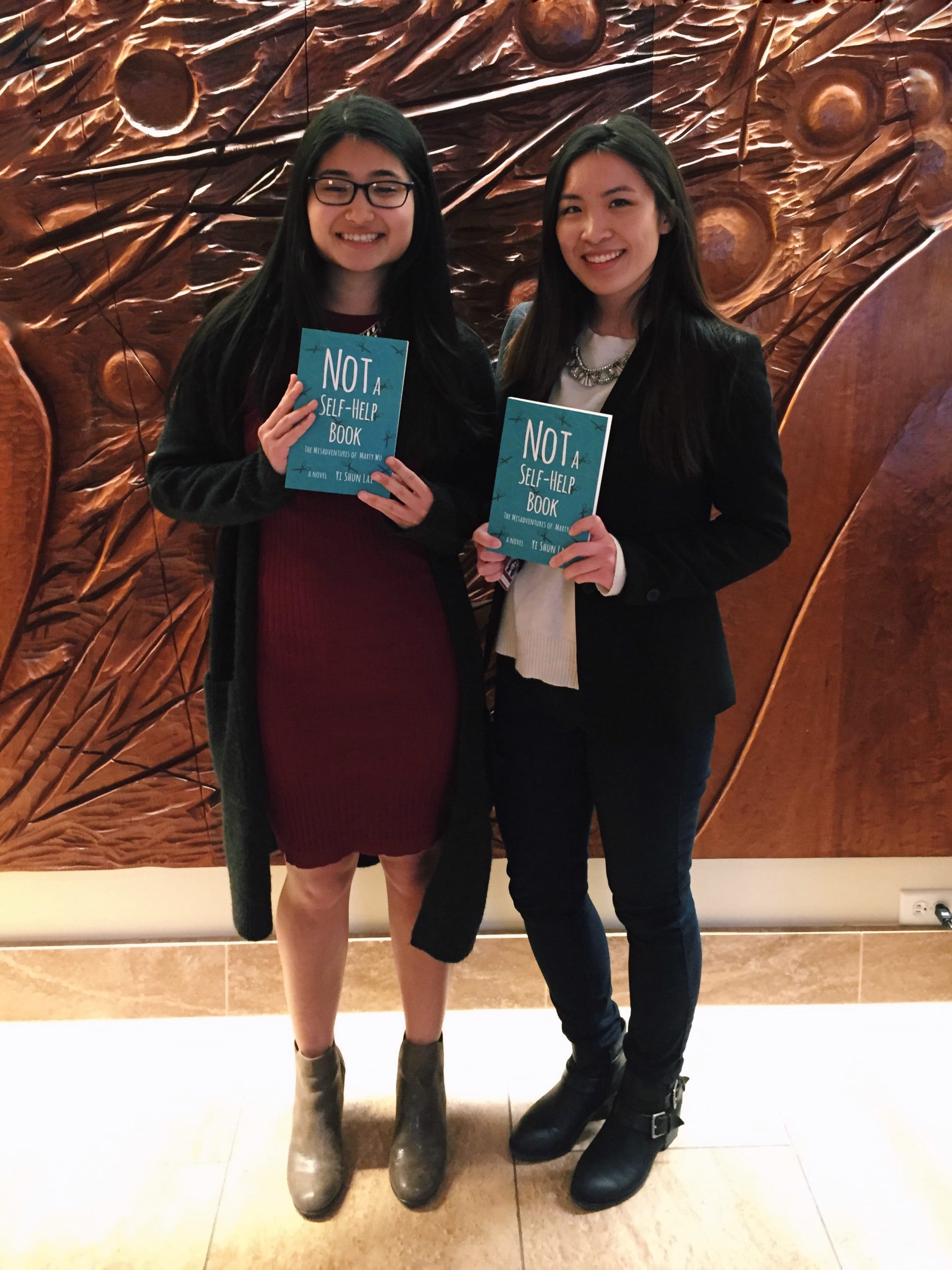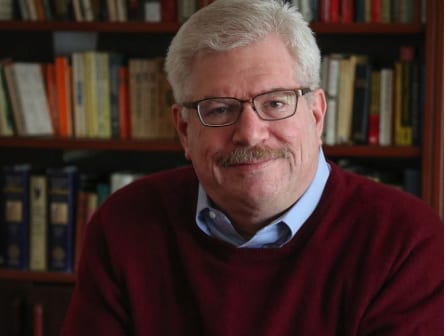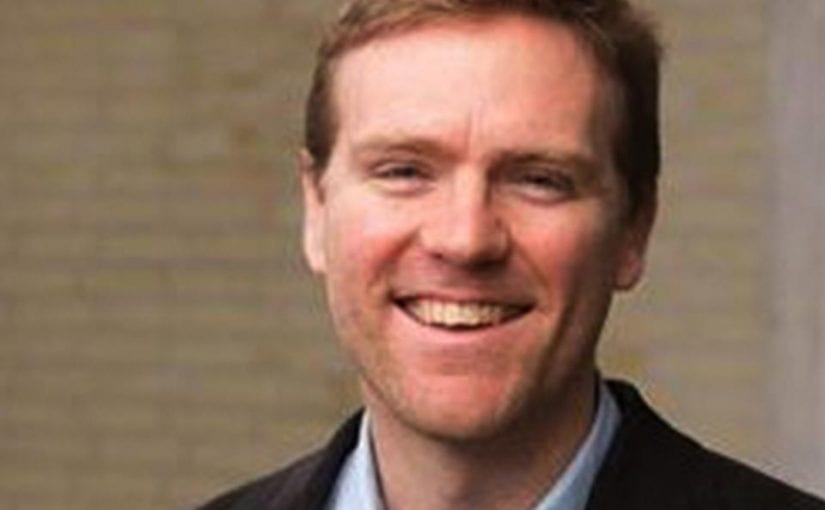This week, I had the pleasure of attending the discussion on politics, art, and the role of the theater in shaping public policy with internationally recognized playwright J.T. Rogers and CMC professor Eric Helland. A 2012 Guggenheim fellow in playwriting and under commission from Lincoln Center Theater and the Royal National Theatre, Rogers hails from an impressive background.
CMC is known as a prestigious liberal arts college with strengths in pre-professional preparation. Though theatre is not a major offered at the college, there were many practical lessons taken away from the talk that deal with developing meaningful connections and experiences that we can apply to our daily lives.
When asked about the role of both journalism and theater, Rogers responded that “While journalism sharpens our minds, the theater can expand our sense of what it means to be human. It is where we can come together in a communal space to hear ideas that grip us, surprise us — even infuriate us — as we learn of things we didn’t know. For me, that is a deeply, thrillingly, political act.” Non-fiction can tell you facts but exclude the emotions that accompany these events.
So how does one write a play? The short answer is by understanding the human experience. Like any great career advice, J.T. Rogers simply says to use what you know. The characters need to be believable, coming from real backgrounds and having authentic human emotions and behaviors. When talking to people about their experiences, Rogers states that what is important is a personal level of understanding, such as how they wake up in the morning, and not just listening to their list of achievements. He seeks to create a conversation, not an interview.
To conclude the talk, Helland asked about how living in a rent-controlled apartment in New York affected the trajectory of Rogers’ career. To Rogers, his experience in New York was pivotal to the beginning of his career. Genius is not alone; genius comes from being in an environment with a lot of creative and ambitious people. This brought me to think about how lucky I am to be attending CMC, a college that not only promotes discussion and exploration of new ideas, but also adds value by being around the impressive people that go here. Rogers’ discussion at the Ath raises more awareness about the role of theatre in politics and even the privilege to attend CMC.
Didn’t make it to the talk? Check out the link featuring J.T. Rogers’ commentary on his latest play Oslo.
By: Sharon Chiang ’17






